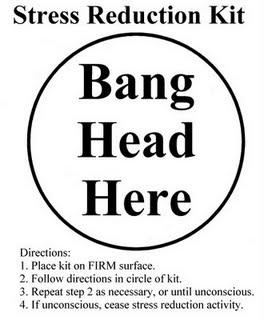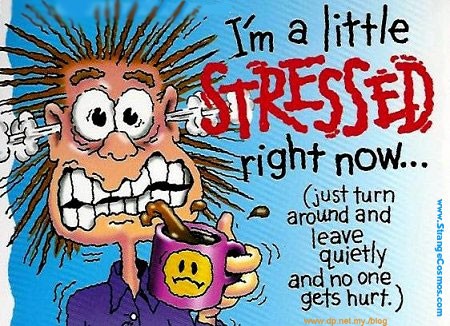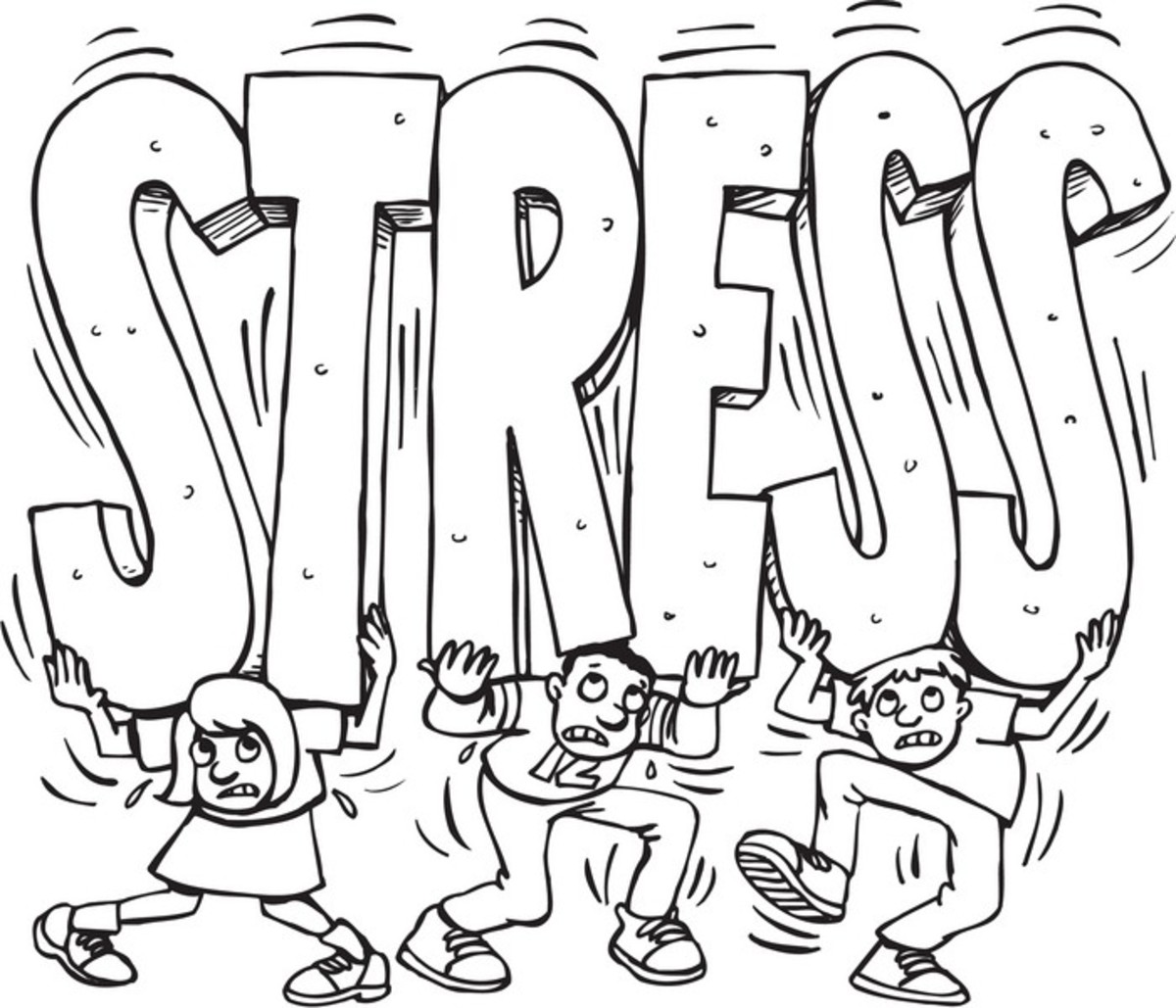- HubPages»
- Health»
- Mental Health»
- Stress Management
Reducing stress
Managing stress
Many of us live a stressful lifestyle without really being aware of it. Modern life exposes us to many pressures, producing a stress response from our system, including the release of adrenaline which prepares the body for physical and mental exertion but puts us under physical pressure.
The immediate chemical effect of stress is to reduce the immune system’s ability to function, making us more susceptible to disease. Long lasting stress may develop into depression, putting even further pressure on our system.
The face is the first place to show emotional or physical distress. In adults, stress becomes embedded into the dermis because slow blood flow and slow lymph drainage shows as puffiness and slower regeneration of skin cells. Thus, we can see when someone is stressed.
Other long term consequences of stress are
- Increased blood pressure
- Increased cholesterol.
- Lowered immune system.
- Blood sugar imbalance.
- Depression.
Ways to reduce stress
If the consequences of stress are complex, the solution is simple: relax.
Try to reduce the stress in your life with some simple and commonsense measures. Start by listing everything that is causing you stress and try to work out how to resolve each problem. There is always an answer, though you might need help to identify it. Learn to prioritize, delegate and eliminate. Work out what is really important to you and what you really must do. What tasks on your list can you get someone else to do?

Insomnia Stress
One of the most common manifestations of stress is insomnia.
Some stressed people who do not experience insomnia, might have problems with light, restless sleep and waking up several times during the night, which leaves them feeling tired the morning after. This in turn, can lead to headaches and general aches and pains.




Top strategies for stress reduction
1) Exercise to boost your circulation and to burn out the residuals of stress chemicals in your body. Exercise also generates feelgood hormones like endorphins which induce relaxation. All you need is at least 30 minutes three to five times a week.
2) Laughing. A good laugh quickens your breathing, enhances the absorption of oxygen from the blood and works facial muscles.
3) Have sex to boost your circulation and trigger the release of opiates in the brain.
4) Have a massage; it can be a deeply relaxing experience for both body and mind.
5) Have a positive attitude. When life threatens to overwhelm you try to see the funny side of things and put the situation into context.
6) Replace frowns with smiles; it will affect the release of mood enhancing brain chemicals such as endorphins and serotonin.
7) Healthy diet. Try eating seasonally fresh produce.
8) Space clearing can also be beneficial; clearing away the clutter is the best way to create a harmonious space in your work and home.
9) Stretch. When you are at your desk try stretching your neck and shoulders for a couple of minutes.
10) Detox. Regular or even occasional detoxification of your digestive system is a traditionally recognized way of distressing an overworked body.
11) Breathing control. Controlling your breathing by slowing it down and focusing on it will help you deal with stress.
12) Talk to someone who listens to you. Having an outlet to express yourself and knowing that you are being heard is a wonderful tonic.

self-massage to reduce stress


Ways to Improve your life:
- Improve your life learning a sexy dance
I know, you must be thinking “how the heck is learning to dance is going to improve my life?” As if you didn’t have enough things to do already trying to stop smoking, stop drinking, start a hobby... - Improve your life learning to love and accept yourself
For some people, especially young women, being happy means being in harmony with their bodies, liking what they see in the mirror. The trick however, is not just liking what you see but accepting yourself the way you are.
HubChallenge day 11









